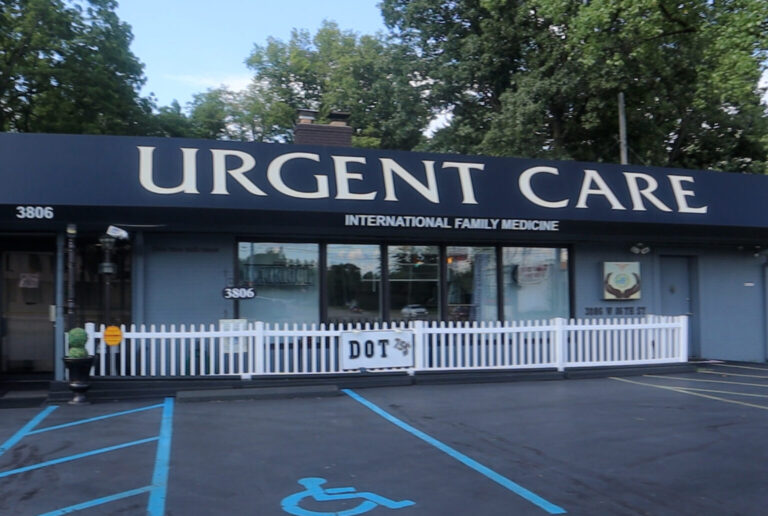What You Should Know About Geriatric Care for Aging Parents

Geriatric care involves managing health, safety, and daily needs for individuals advancing in age. For aging parents, it is fundamental to enable a safe and supportive environment while retaining as much independence as possible. Addressing key aspects such as home safety, daily living assistance, emotional support, and recognizing signs of need can create a structured approach to providing care.
Home Safety and Adaptations
Maintaining a safe home environment is a key component of geriatric care. Aging parents may face mobility challenges, increasing the likelihood of falls or accidents at home. To address this, make sure hazards such as throw rugs are removed, grab bars are installed in bathrooms, and pathways are kept clear of obstacles. Well-placed lighting is another helpful extra to reduce risks.
Another key aspect of home safety for aging individuals is making sure that stairs are safe and accessible. Contemplate installing sturdy handrails on both sides of the staircase and adding non-slip treads to each step. If climbing stairs becomes too challenging, installing a stair lift or creating a single-level living space may be necessary. Kitchens and bathrooms are high-risk areas that should be optimized for safety. Make sure all frequently used items are stored within easy reach to minimize bending, stretching, or climbing.
Activities of Daily Living
Another core aspect of geriatric care is the support provided for activities of daily living (ADLs). ADLs primarily refer to basic tasks such as bathing, dressing, eating, personal hygiene, and mobility. Parents struggling with these tasks may require consistent assistance to maintain their physical health and daily routine.
When offering support, it is helpful to adopt a collaborative approach that respects their preferences. Many aging parents value their independence, so it is key to assist while allowing them to retain control wherever possible. This creates a positive and effective care dynamic.
Emotional Support and Communication
The emotional well-being of aging parents is equally significant in geriatric care. Changes in their health, daily life, and environment can often lead to stress or feelings of isolation. Being patient and maintaining open communication is fundamental to making sure they feel supported. Listening closely and engaging in empathetic conversations demonstrates attentiveness to their concerns.
It is also key to recognize the role of validating their emotions and respecting their experiences. Encouraging them to share memories, thoughts, or fears can provide a therapeutic outlet and strengthen the bond between caregiver and parent. Introducing activities like reminiscing through photo albums, storytelling, or keeping a journal may encourage expression and emotional connection. Regularly scheduled social interactions with family members or community groups can also alleviate feelings of loneliness while fostering a sense of belonging.
Signs That Extra Support Is Needed
Monitoring changes in behavior or environment is necessary to recognize when extensive support may be required. Declines in personal hygiene, weight loss, or frequently missed medications are indicators that caregiving needs may have increased. Noticing unpaid bills or organizational challenges at home might indicate declining cognitive function.
You should also observe mood changes, such as withdrawal or extended periods of sadness. These can indicate a need for professional support, whether medical, emotional, or regarding living arrangements. Early recognition of these factors helps in planning and implementing extra care effectively.
Talk to a Geriatric Care Expert
Geriatric care requires a holistic approach to address safety, daily living needs, emotional well-being, and emerging support requirements. With attention to key areas, building a nurturing environment for aging parents while keeping their independence intact is possible. If you want professional guidance tailored to your specific needs, connect with a geriatric care expert today.
- What to Expect When Visiting a Foot and Ankle Specialist
- Causes of PTSD
- The Link Between Plantar Fasciitis and Weight Gain: What You Need to Know
- How Pet Ownership Can Positively Impact Life with Fibromyalgia
- The Importance of Stretching and Flexibility in Sports Medicine
Dr. Emma Green is a health and wellness expert with over 10 years of experience in nutrition and fitness. Passionate about helping others live their healthiest lives, Dr. Green shares practical advice on wellness, nutrition, and sustainable living through LivingSpristine.






